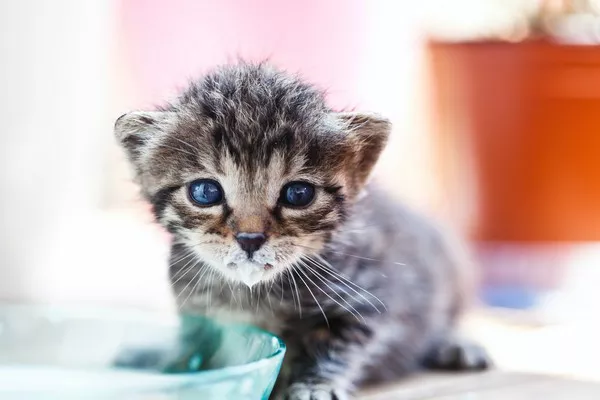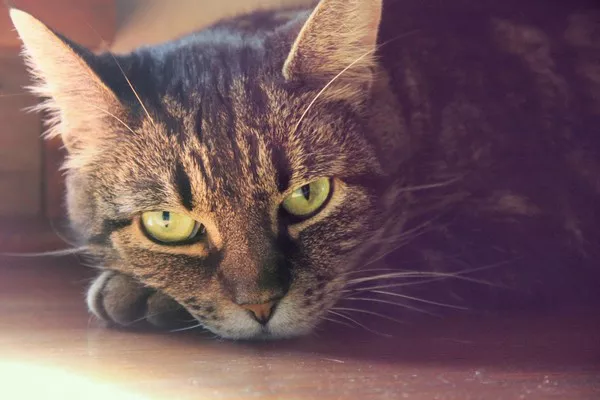Domestic Longhair cats are beloved for their luxurious coats and affectionate personalities. However, like all breeds, they are susceptible to various health issues. Understanding these potential problems is crucial for any cat owner to ensure their feline companion lives a long, healthy life. This article delves into the common health concerns associated with Domestic Longhair cats, preventive measures, and care strategies to mitigate these risks.
The Domestic Longhair Cat
Domestic Longhair cats are not a single breed but rather a category of mixed-breed cats characterized by their long fur. They can vary significantly in size, color, and temperament, largely due to their diverse genetic background. Typically, these cats weigh between 8 to 22 pounds and have a lifespan of 12 to 18 years.
Physical Attributes
Coat: Their long, fluffy fur requires regular grooming to prevent matting and tangling.
Build: They tend to have a medium to large build with strong muscles.
Eyes: Eye color can vary widely, adding to their charm.
Common Health Issues
1. Obesity
Obesity is one of the most prevalent health issues among Domestic Longhair cats. Their large size and tendency to be less active can lead to weight gain.
Causes: Overfeeding, lack of exercise, and high-calorie diets.
Consequences: Obesity can lead to diabetes, joint problems, and decreased lifespan.
2. Diabetes Mellitus
Diabetes is a serious condition that affects the body’s ability to regulate blood sugar levels.
Symptoms: Increased thirst and urination, weight loss despite an increased appetite.
Management: Requires dietary changes and possibly insulin therapy.
3. Chronic Kidney Disease (CKD)
CKD is common in older cats and can lead to serious health complications.
Symptoms: Increased thirst and urination, weight loss, poor coat condition.
Management: Regular veterinary check-ups, special diets, and medications.
4. Hyperthyroidism
This condition occurs when the thyroid gland produces too much hormone.
Symptoms: Increased appetite with weight loss, hyperactivity, vomiting.
Management: Medication or radioactive iodine treatment may be necessary.
5. Urinary Tract Infections (UTIs)
UTIs are more common in male Domestic Longhairs due to their anatomy.
Symptoms: Frequent urination, straining to urinate, blood in urine.
Management: Antibiotics and dietary changes.
6. Dental Issues
Dental disease is prevalent in cats and can lead to severe pain and systemic health issues if untreated.
Symptoms: Bad breath, difficulty eating, swollen gums.
Management: Regular dental cleanings and at-home dental care.
See Also: What Are The Health Issues With Havana Browns?
Preventive Care Strategies
Regular Veterinary Check-ups
Routine veterinary visits are essential for early detection of health issues. Cats should have annual check-ups that include:
- Physical examinations
- Vaccinations
- Blood tests for kidney function and diabetes
Proper Nutrition
Feeding your Domestic Longhair a balanced diet is crucial for maintaining a healthy weight and preventing obesity-related diseases.
- Choose high-quality cat food that meets their nutritional needs.
- Monitor portion sizes to avoid overfeeding.
Exercise and Mental Stimulation
Encouraging physical activity is vital for maintaining a healthy weight:
- Provide interactive toys that stimulate hunting instincts.
- Set aside time each day for play sessions with your cat.
Grooming Routine
Regular grooming helps prevent matting and skin infections:
- Brush your cat’s fur at least once a week; daily during shedding seasons.
- Check for parasites like fleas or ticks during grooming sessions.
Recognizing Signs of Illness
Being aware of common signs of illness can help you act quickly if your cat becomes unwell:
- Changes in appetite or drinking habits
- Lethargy or decreased activity
- Vomiting or diarrhea
- Changes in litter box habits
Conclusion
Domestic Longhair cats are generally healthy due to their mixed breeding background; however, they are still prone to various health issues. By understanding these potential problems and implementing preventive care strategies—such as regular veterinary visits, proper nutrition, exercise, and grooming—owners can help ensure their feline companions live long, happy lives. Regular monitoring of behavior and health will also aid in early detection of any issues that may arise. With the right care and attention, your Domestic Longhair can thrive as a cherished member of your family.
Related Topics
What Are Common Health Issues in Calico Cats?

























